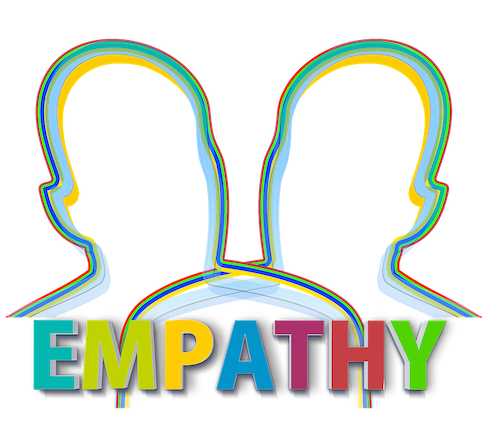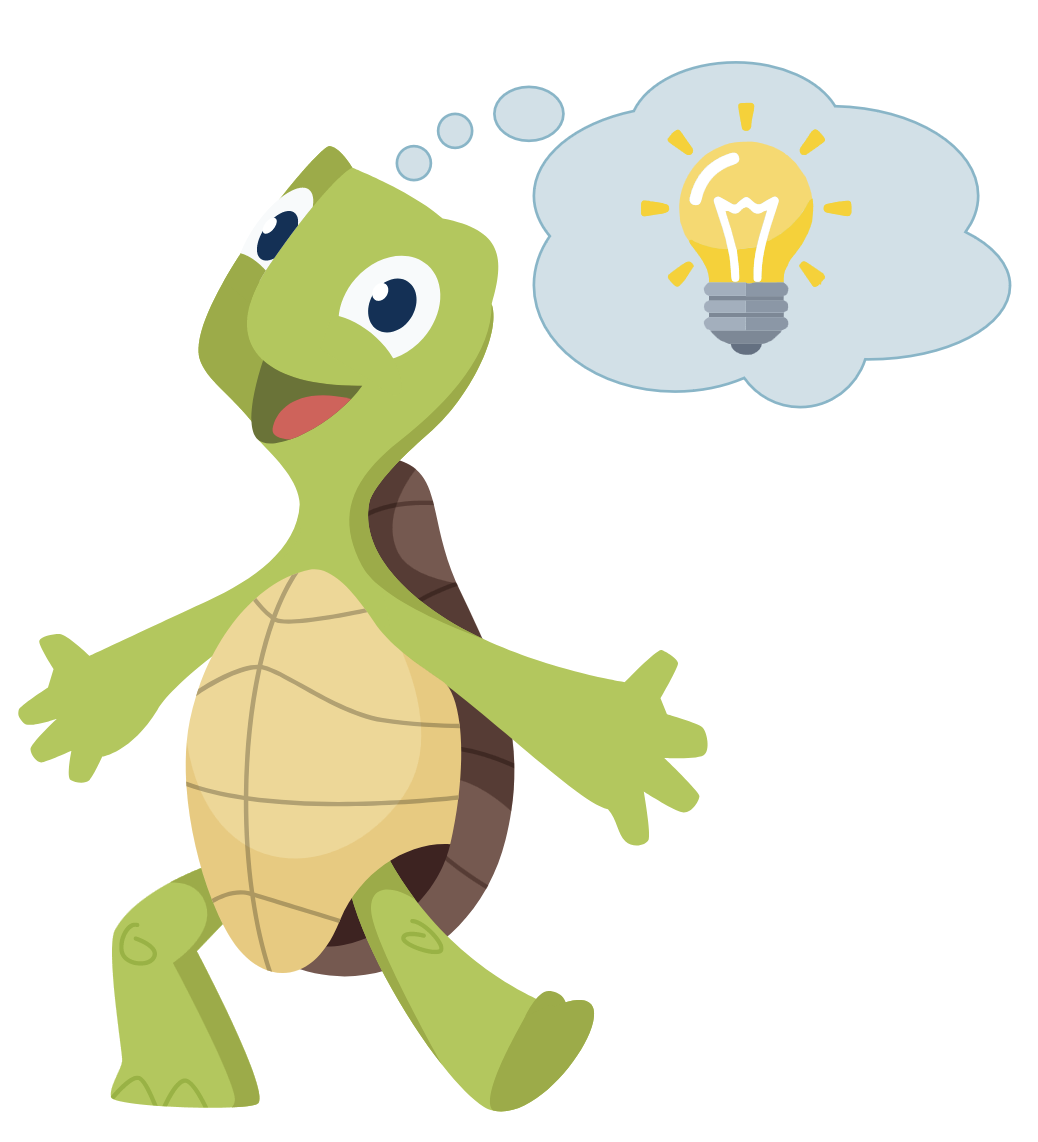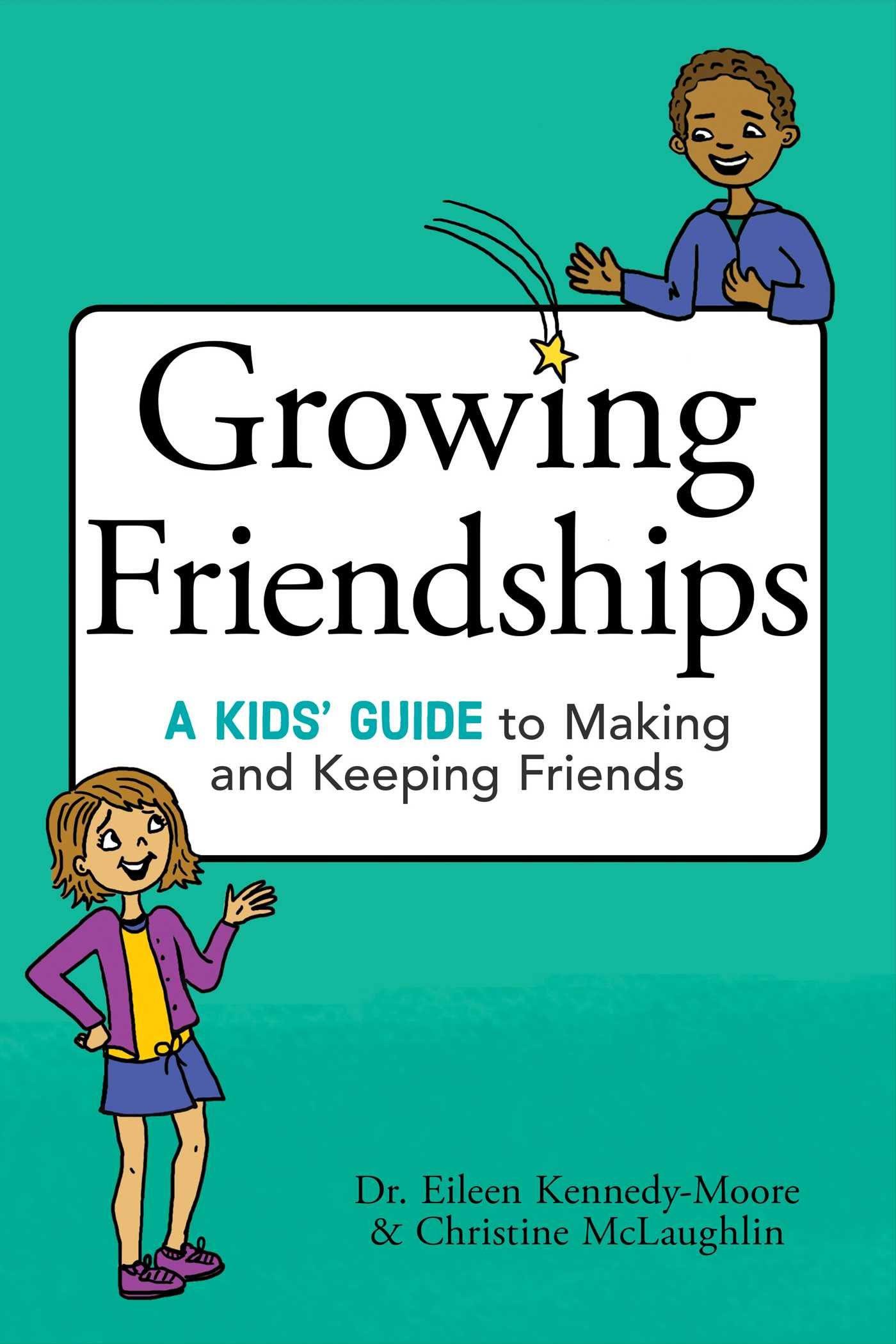 In good times and in hard times, parents can take steps to help their children strengthen their emotional competence.
In good times and in hard times, parents can take steps to help their children strengthen their emotional competence.
As parents, “we are co-creating the emotion system for our kids” says Dr. Marc Brackett, Director of the Yale Center for Emotional Intelligence and author of “Permission to Feel: Unlocking the Power of Emotions to Help Our Kids, Ourselves, and Our Society Thrive.”
Parents may not always feel up to this task – especially in challenging moments – and yet parenting can be an opportunity for adults to strengthen their own emotional intelligence.
Responding to Children’s Signals
As adults, we often give our friends and partners space when they are in a bad mood. But with young kids, “you always have to follow up,” says Brackett. “It’s your moral obligation to know what your child is feeling and to support them in developing healthy strategies.”
This can be very difficult. When adults are under stress, our instinctive biological response is to fight, flee or freeze. “Many parents get easily activated and triggered by their kids. The kid throws something, the kid is crying, the kid is screaming, ‘I hate you!’ and all of a sudden you’re triggered.” In these moments, take a deep breath and try to replace “fight or flight” with “stay and help,” says Brackett.
When both parent and child are emotionally activated, it’s “very hard to problem solve” – so parents may need to take a walk or time to collect themselves. But it is critical to circle back and attend to the child.
The Skills of an Emotion Scientist
Brackett and his team use the acronym RULER to describe five key skills parents and teachers can help children cultivate. Here is how he describes them in his book:
- R: RECOGNIZE our own emotions and those of others, not just in the things we think, feel, and say but in facial expressions, body language, vocal tones, and other nonverbal signals.
- U: UNDERSTAND those feelings and determine their source— what experiences actually caused them— and then see how they’ve influenced our behaviors.
- L: LABEL emotions with a nuanced vocabulary.
- E: EXPRESS our feelings in accordance with cultural norms and social contexts in a way that tries to inform and invites empathy from the listener.
- R: REGULATE emotions, rather than letting them regulate us, by finding practical strategies for dealing with what we and others feel.
Learning the difference between anger, frustration, annoyance, and disappointment can help children think about the causes of their emotions.
“How Would My Best Self Respond?”
Children are great anthropologists of parent behavior. They watch how we handle stress and how we recover from episodes of fear, frustration, anger, and disappointment. Brackett urges parents to pay attention to their self-talk – because our children are listening when we say “I’m an idiot” or “ I’m going to lose it.”
With practice, parents can use self-talk to model healthier ways of moving through emotion. It might sound like, “Mommy had a really long day at work and needs a little space to take a deep breath. I want to talk to you, but first I need to take a little break and then come back to you”; or instead of saying “I’m so stupid! I always mess up this recipe,” saying “Well, daddy did it again! So now I’m going to take a step back and figure out what went wrong and how to fix it.”
The Good News For Parents and Kids
All parents have moments when they overreact – especially when they are under stress. “The good news is that we are more resilient than we think we are,” says Brackett. “We can undo things and learn new things. And that means you can start today and start tomorrow. We can change the relationships we have with our kids if we work on developing ourselves.”
Excerpted from “When a Child’s Emotions Spike, How Can a Parent Find Their Best Self?” in KQED’s MindShift. Read the full article for more information on how to develop and strengthen emotional competence.







